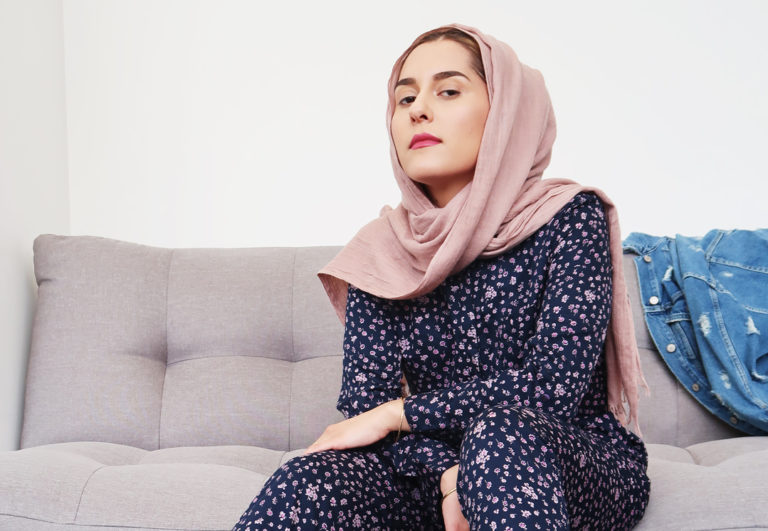Having two distinct cultures presents both complexities and thrills, says Dina Toki-o.
People constantly ask me where I’m from.
I answer, ‘from England’. Sometimes I answer with, ‘from Wales’. Then I am asked the same question again. ‘No, where are you really from?’ Or, ‘Where are you from, like from?’
If you haven’t already guessed, these questions usually hint at finding out my ethnicity or origin. I’ll admit, sometimes I just say, ‘I’m Egyptian’, and leave it at that, because I usually can’t be bothered giving the long and questionable explanation that follows the true answer to that question.
‘Are you related to the pharaohs?’
‘Is Tutankhamen (aka King Tut) your great grandfather?’
Believe it or not, I have been asked these ridiculous questions on numerous occasions. To be honest, it’s easier to say that I’m Egyptian when someone asks, because to a Westerner, I appear more Egyptian than I do English, what with wearing the hijab and all. Plus, it just saves me the hassle of entering into what can sometimes be an intrusive conversation.
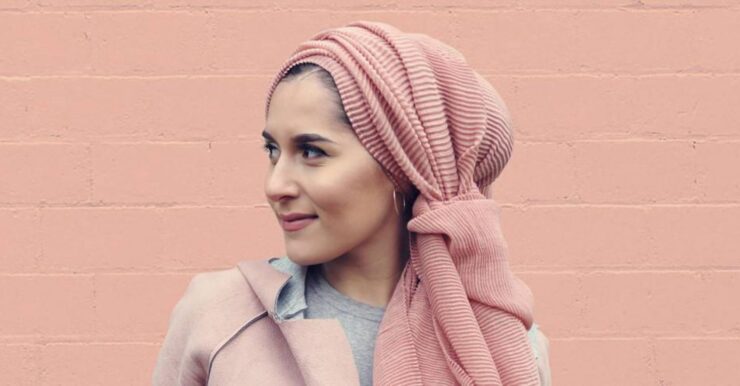
This week, I’d like to tell it all. I want to share with you the connections I have with both my countries and my experience being a hybrid, bicultural Muslim woman living in the West. My father is Egyptian born and bred, with a fraction of Turkish from his mother’s (my grandmother’s) side. He married an English Liverpudlian revert (my mother), and they had four children together: twin daughters (me and my sister) and two sons (my two younger brothers).
When I’m in London or Cardiff I constantly crave typical Egyptian foods
Born in Egypt, my sister and I lived the first seven years of our lives in Cairo, taking regular trips to England during the summer and Christmas holidays to visit my mother’s family. At seven years of age, we then moved to England to live here permanently, taking regular trips to Egypt every summer and sometimes during Christmas holidays, too. So I’m pretty much equally connected with both of my countries, and feel a longing for ‘home’ when I’m away from either of them.

When I’m in London or Cardiff I constantly crave typical Egyptian foods: traditional bread (sometimes known as ‘balady bread’, or bread from the countryside), fool (fava beans), houmous and falafel. I miss being able to go into any restaurant without having to check whether it serves halal food. I miss the weather – sunny for much of the year, but sometimes chilly during the winter. That said, Egypt’s winter is equivalent to England’s summer, so we would consider the Christmas season in Egypt to be a hot holiday!
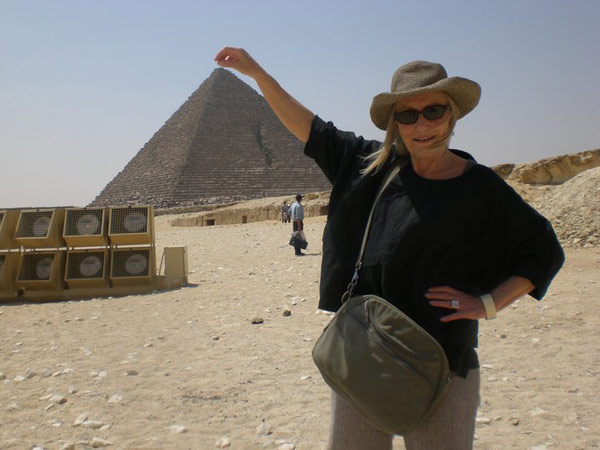
I usually stay in the hustle and bustle of Cairo when I visit Egypt, and so I see some of the most bizarre sights day-to-day. You’ll find donkeys on the side of the motorway – sometimes dead, but usually just getting by in the heat. You’ll see twenty people climbing into the back of a mini (slight exaggeration there). As you can imagine, I desperately miss the shopping choices available: from bazaars filled with scarves and Muslim-friendly fashions to fancy malls, as Americanised as can be. Then there are the noisy corner kiosks on the edge of every angle, providing you with that much-needed refreshment on the way to wherever you’re going. You’ll see random street weddings in the middle of Cairo at least two or three times a week, with booming Egyptian music playing all night. I miss using my Egyptian ability to haggle amongst traders! Most of all, I miss the atmosphere around Egypt; a sense of belonging surrounded by many Muslims and hearing the azan (call to prayer) five times a day is one of Egypt’s best qualities, to me.
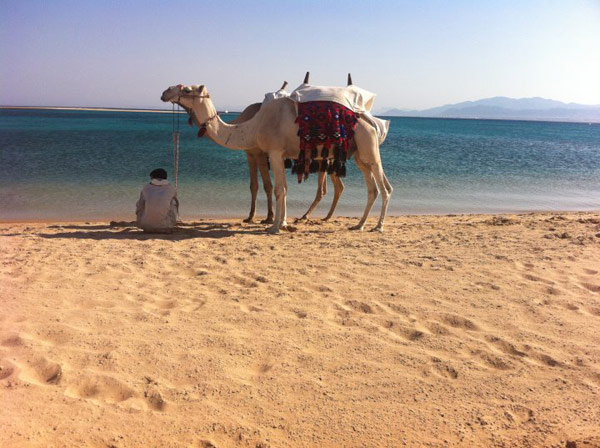
Being what I like to call ‘halfy’ allows me to enjoy Egyptian humour and humour the Egyptians
When I’m in Egypt for a long period of time – my longest most recently being four months – I crave a good British Sunday roast dinner. I miss my toast and butter with a ‘cuppa in the morning and cereal that doesn’t taste like cardboard. There’s something about England that has a certain sense of cosiness. I miss the cold at night, and lighting the fireplace to snuggle up on the sofa with my winter socks, hot chocolate and a good book to read. I miss the snow and the Christmas atmosphere created here that brings families closer together, much how the Eid atmosphere in Egypt does. And let’s not forget great British comedy: an amazing sense of sarcasm and wit that serves as typical British humour. Egyptians can never seem to fully understand or sense that all-important sarcastic mockery in some of our conversations. Being what I like to call ‘halfy’ allows me to enjoy Egyptian humour and humour the Egyptians, at my sometimes-frustrated convenience.
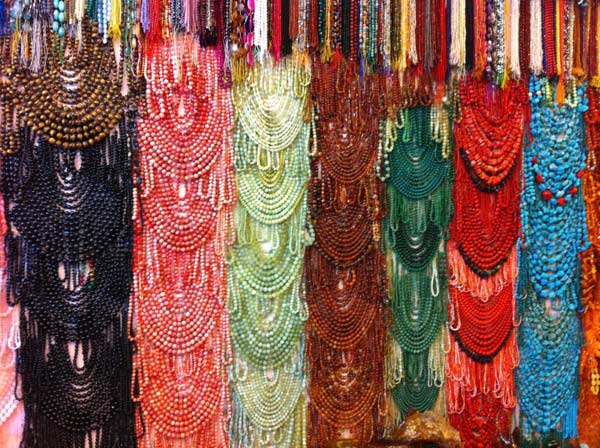
After a long visit (or even short visit) in Egypt, you tend to really appreciate the little things about England that you may not have thought about before. The driving is sane; people are taught driving lessons with logic and reason behind the rules. When you go shopping in England, the store assistants don’t follow you around every corner while eyeing your every move. Vintage clothing is appreciated here in England rather than considered only ‘second hand’, and perhaps not even acknowledged in much of Egypt. It’s easy to get around in the UK. You can very easily hop on the tube or catch a bus to get from place to place, or drive to and fro without your stress levels rising to way above normal! Poverty doesn’t spring up in your face as much here. In Egypt, anywhere you go, you’ll see street beggars and homeless people. And across the road from them you’ll see a Mercedes being parked by someone’s driver.
But I feel that I fit in more in Egypt. I wear a hijab, as do so many other girls there. It’s the norm, so no one will look twice. I guess it’s the same in London, but there are still some parts of England and Wales that will need time to get used to the sight of a woman in a headpiece.
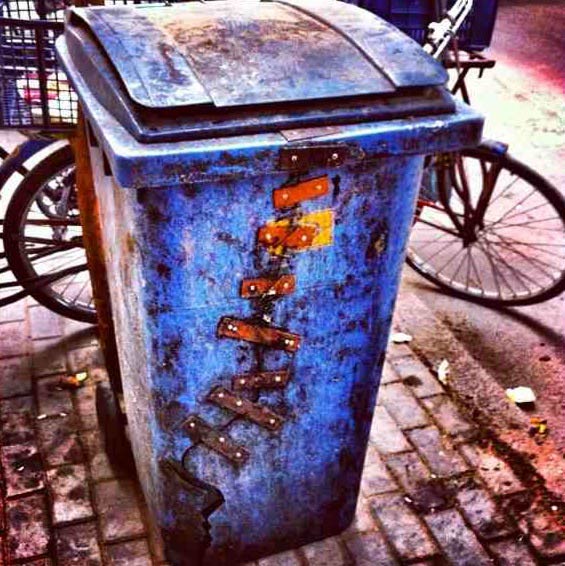
I suppose I enjoy all these characteristics that both countries have to offer, but only to a certain extent, which is why I find myself going to and fro between Egypt and England. Throughout my years of experiencing both countries and cultures, I have come to the conclusion that I am much happier living in England and visiting Egypt in short breaks as regularly as possible. Egypt has opened my eyes to many things. I enjoy the culture and it’s a huge part of me. I take pride in the fact that I can go to Egypt and cope
over there. I can deal with local people and be an Egyptian when I want to be. I get to enjoy the good in Egypt, and I get to enjoy the good in England. Of course, this means that when someone asks me about my culture it takes me twice as long to explain.
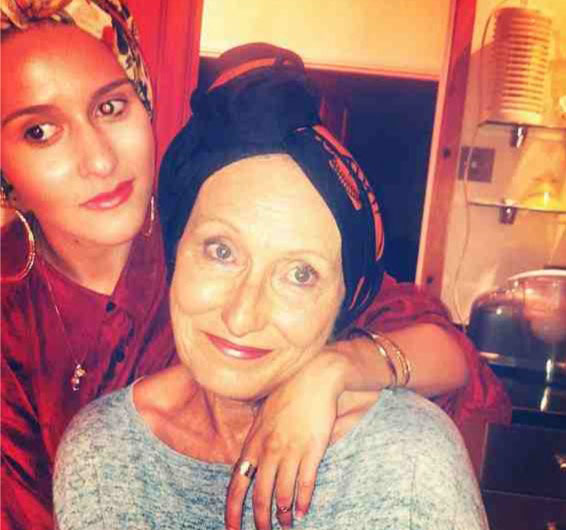
Ultimately, though, I love the opportunity I’ve been given to appreciate two cultures and combine them to create one culture: my culture.
In short: I am Dina, the English Egyptian.
